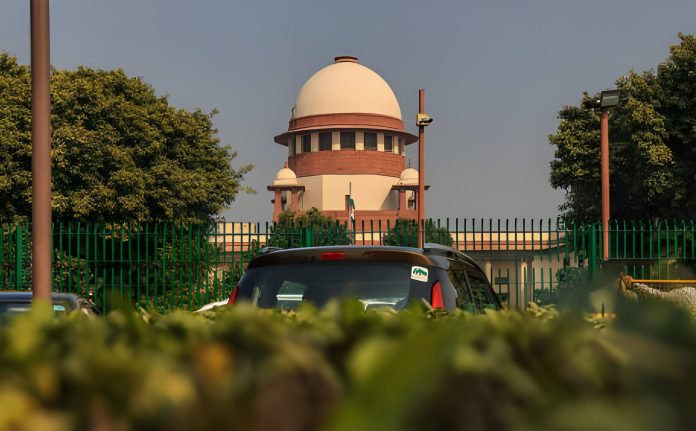In a major ruling reinforcing judicial independence, the Supreme Court on Wednesday struck down several provisions of the Tribunals Reforms Act, 2021 relating to the appointment, tenure, and service conditions of members of various tribunals. The Court observed that the Centre had reintroduced provisions earlier struck down by the judiciary, with only “minor tweaks,” amounting to a legislative override of binding judicial precedents.
A bench comprising Chief Justice of India B.R. Gavai and Justice K. Vinod Chandran held that the contested provisions violated the basic principles of separation of powers and judicial independence.
“We have compared the provisions of the Ordinance and the 2021 Act, and it shows that all provisions struck down, with minor tweaking, have been re-enacted again,” the CJI observed while pronouncing the verdict. “Thus, we have held that the provisions of the 2021 Act cannot be sustained… It amounts to legislative overriding without curing any defects. It falls foul. Thus, it is struck down as unconstitutional.”
The Court also underlined that clearing the judiciary’s mounting pendency is a shared responsibility and “not the sole obligation of the courts.”
Earlier Directions Restored
The bench restored previous judicial guidelines regarding tenure and retirement age. Members of the Income Tax Appellate Tribunal (ITAT) and the Customs, Excise and Service Tax Appellate Tribunal (CESTAT) will continue in service until the age of 62, while their chairpersons and presidents will remain in office until 65.
Further details of the judgment are awaited.
Context
The Supreme Court had reserved its judgment on November 11 on a batch of petitions challenging the constitutional validity of the Tribunals Reforms (Rationalisation and Conditions of Service) Act, 2021.
The legislation had abolished several appellate bodies, including the Film Certification Appellate Tribunal, and introduced major changes to the appointment process, qualifications, and tenure of tribunal members—changes that have now largely been invalidated by the Supreme Court.



